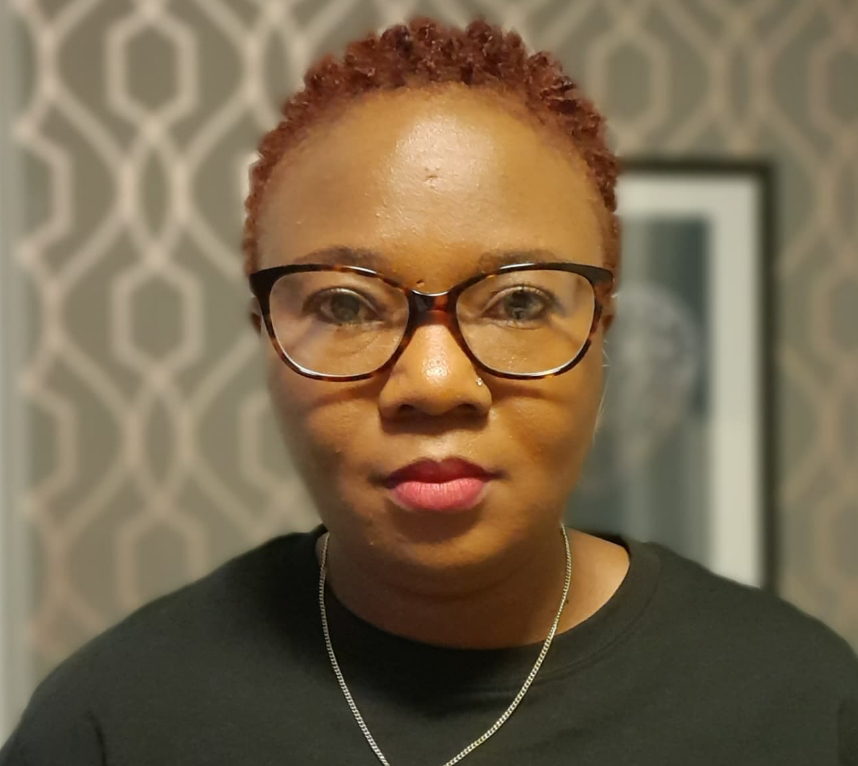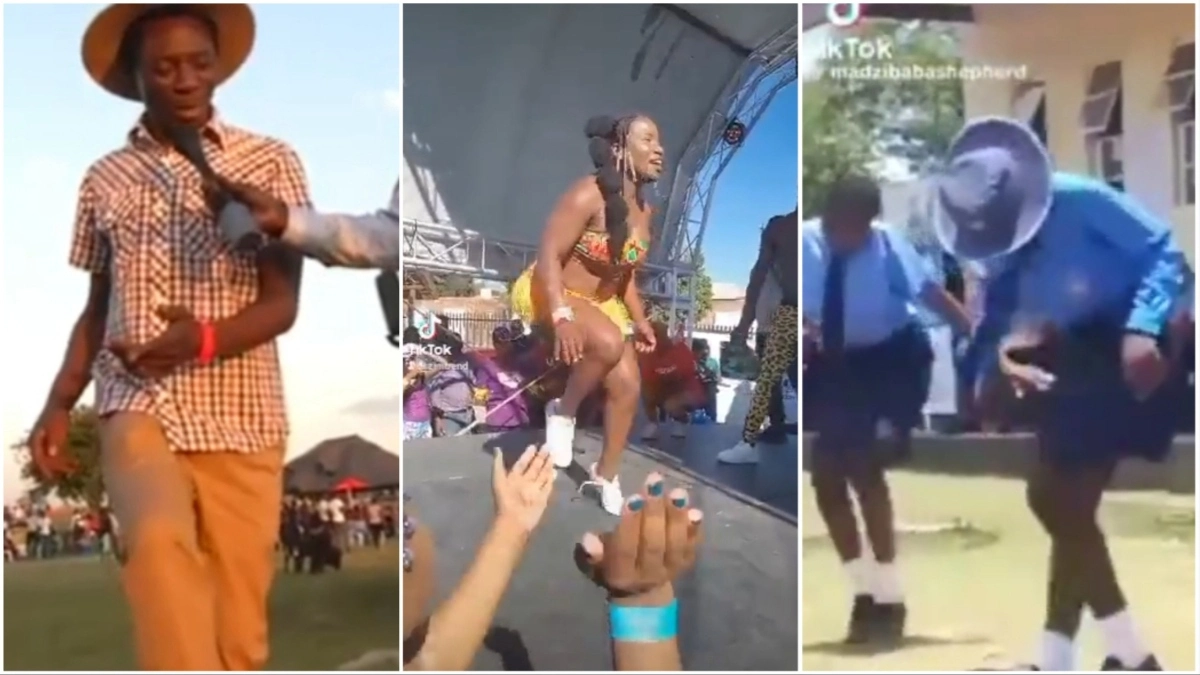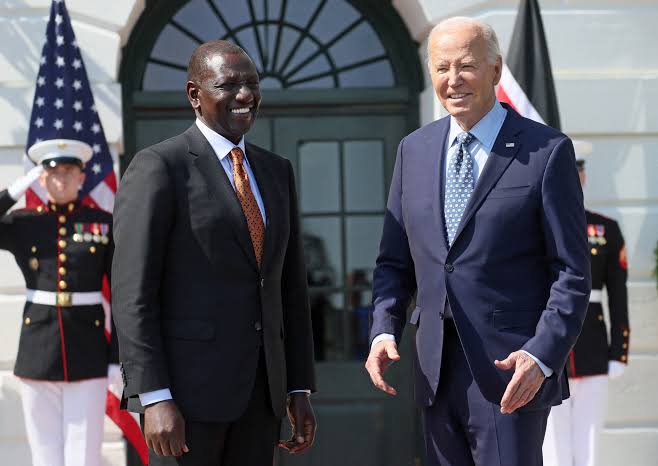Call for Awakening: Hope in the Face of Oppression
By Renee Langa | “Usarega kunyengetera ndidzoke kumba.”
“Jongwe zvorokukuridza mudiwa muka. Ndoringe nzira ndoyambukira mhiri kwehova, tarira ndokunoenda vamwe, ndokunoenda vamwe. Hongu, kure kwegava usipo mutsvubvu. Usarega kunyengetera ndidzoke kumba.”

The song “Ndinouya” by Gwevedzi, in my view, resonates deeply with the experiences of Zimbabweans enduring the oppressive realities of life under the leadership of Emmerson Mnangagwa and the ZANU-PF regime. The crow of the rooster, traditionally symbolizing the start of a new day, here becomes a call for awakening and hope amid hardship. The poignant line “Ndoringe nzira, ndoyambukira mhiri kwehova” evokes a deep longing and an unrelenting search for freedom—an echo of the struggles of those in detention, in exile, or simply striving for better prospects in their homeland.
These evocative lyrics encapsulate the emotional turmoil felt by many forced to flee Zimbabwe due to political instability, economic collapse, and systemic human rights abuses. They reflect the painful reality of activists and families awaiting justice and restoration in a fractured nation.
Under Mnangagwa’s leadership, the hope for progress that briefly followed Robert Mugabe’s rule has largely faded. The 2018 elections were marred by allegations of rigging and violence against opposition supporters, signaling a continuation of oppressive governance. In the years since, political repression has worsened, with arbitrary arrests, detentions without trial, and abductions of activists becoming distressingly common. The disappearance of Itai Dzamara in 2015 remains a harrowing reminder of the regime’s disregard for dissent and human rights.
Particularly alarming is the plight of the detained. As of June 2024, 78 members of the opposition Citizens Coalition for Change (CCC) remain imprisoned without bail, accused of participating in an “illegal gathering.” Their continued detention illustrates the state’s use of the judiciary as a tool of repression. Amnesty International, ROHR Zimbabwe, and other human rights organizations have condemned these abuses and urged immediate investigations into reports of torture, as well as the release of these political prisoners.
For those driven into exile, the song’s imagery of gazing across distant horizons symbolizes enduring hope for the day they might return to a free and just Zimbabwe. Their struggle is shared by those still within the country, living under a government that continues to prioritize power at the expense of its citizens’ welfare. Under Mnangagwa’s regime, economic instability has deepened, corruption has worsened, and poverty has become more widespread, forcing millions to leave in search of safety and opportunity.
In this climate, the rooster’s crow takes on new meaning—not just as a call to rise, but as a reminder that true change often emerges in the darkest hour before dawn. It becomes a symbol of resilience and the collective yearning for justice, accountability, and renewal.
Zimbabwe’s future hinges on both external advocacy and the courage of its citizens to demand reform. As Christians, we are called to pray fervently for the nation’s freedom and restoration. This includes praying for the detained, the displaced, and the persecuted, trusting that God’s justice will prevail. Yet, prayer must be coupled with action—raising awareness, lobbying international bodies, and holding leaders accountable for their actions.
As the rooster crows each morning, it serves as a reminder of God’s promise to bring light into darkness. For Zimbabweans at home and abroad, this is a time to press on, to speak out against oppression, and to hold fast to the hope that one day the chains of injustice will be broken and freedom will reign in the land.
#FreedomForAll
#TinodaRunyararo
#WeWantPeace
Related
#Hope #Face #Oppression #ZimEye



